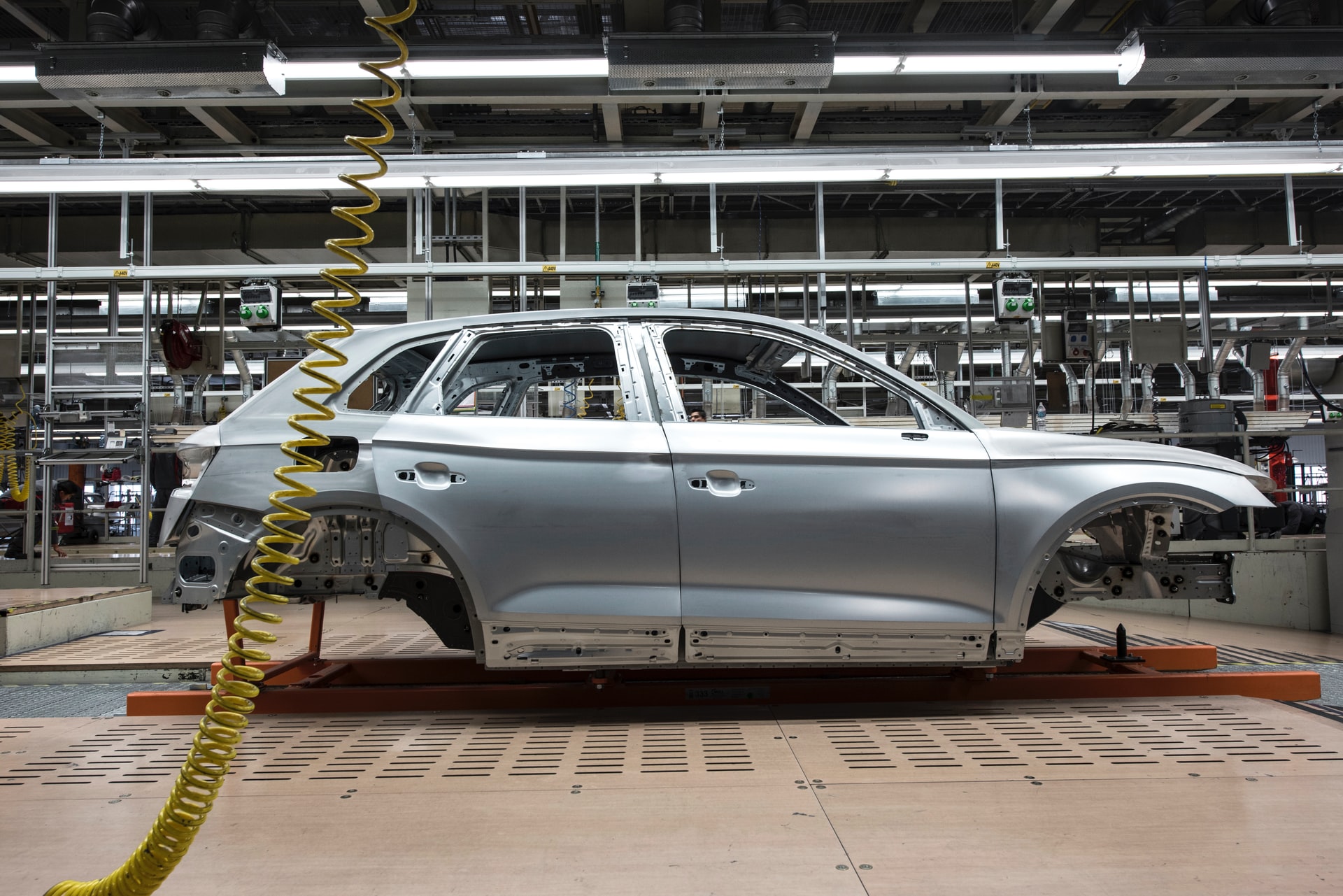
Semiconductor shortages ease, bottlenecks to remain: Audi
The supply of semiconductors for the automotive industry, including in Germany, will continue to relax in 2023. This will be both in terms of the number of critical semiconductor types and the available quantity, according to German carmaker Audi, part of Volkswagen Group.
“We can see that our operational and strategic measures are having an effect and we assume that the supply situation with semiconductors will continue to ease this year,” a spokesperson of the company tells Kallanish. “However, we still have to assume that there will be significant bottlenecks in automotive-specific semiconductor technologies and in high-voltage semiconductors. The right semiconductors in the right quantities will be the key to future development.”
According to the Audi representative, the entire automotive industry is affected, not just the brands of the Volkswagen Group. “There is currently a structural undersupply of semiconductors across all sectors. This problem will not be solved in the short term, as building semiconductor manufacturing capacity takes several years and costs billions,” she added.
Last week, Taiwan Semiconductor Manufacturing Co (TSMC) announced it will spend €3.5 billion ($3.8 billion) to build a chip factory in Germany – its first in Europe.
TSMC said it will invest in a subsidiary called European Semiconductor Manufacturing Company (ESMC), of which it will own 70%. Germany’s Bosch, Infineon, and the Netherlands’ NXP will each have 10% stakes in the plant, which will make up to 40,000 chips per month. They will be used in cars, for industrial purposes and in products for the home. The plant is expected to open in 2027.
Germany will invest up to €5 billion in the factory in Dresden, capital of the eastern state of Saxony, authorities have announced. “There will be a real semiconductor manufacturing ecosystem in Germany,” said German Economy Minister Robert Habeck.
The European Union (EU) already passed the European Chips Act, a €43 billion subsidy plan aimed at doubling semiconductor manufacturing capacity by 2030.
TSMC has delayed the start of production at its plant in the US state of Arizona due to a shortage of skilled workers. Output of advanced microprocessors at the Arizona plant will begin in 2025, instead of next year.
Svetoslav Abrossimov Bulgaria

SMDI: Steel remains king in automotive supply chain
Advances in steel aimed at reducing vehicles’ average weights and improving their fuel economies will not materially change steel’s path through the supply chain, says Steel Market Development Institute president Lawrence Kavanagh.
Kavanagh says efforts to use more advanced high-strength steels in automobiles won’t keep those cars out of the scrap pipeline longer than the current average of 12 years. He put forward this view during a conference call with journalists hosted by SMDI’s parent organisation the American Iron and Steel Institute.
Mechanical components will continue to fail long before steel auto bodies do, he says.
“Vehicles last a long time because they’re steel,” he tells Kallanish.
Moreover, he says, the institute is seeing the use of advanced high-strength steels grow while alternate materials, like aluminium, merely tread water.
“There continues to be no evidence of a shift in alternate material-intensive vehicles,” he says.
Kallanish


